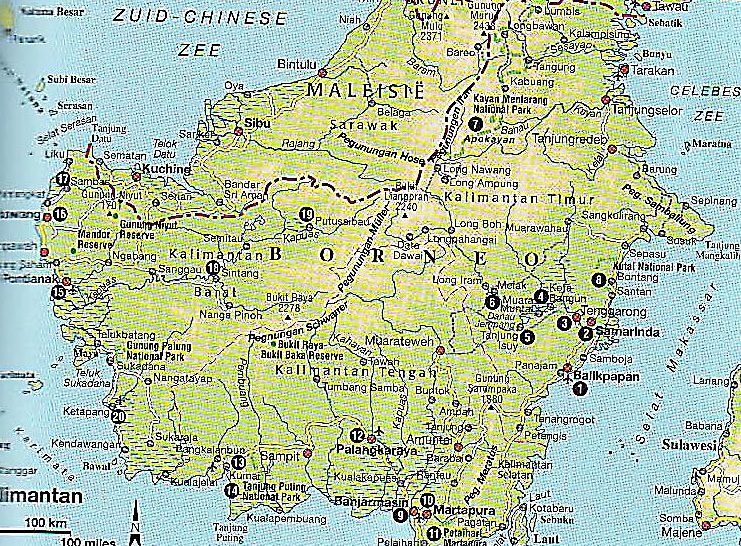
(Jakarta Globe) - If the Malaysian claim prevailed, that would result in Indonesia losing 4,800 hectares of land.
Balikpapan, East Kalimantan. A senior military officer in East Kalimantan revealed on Sunday that the Indonesian and Malaysian governments were still haggling over the exact location of their shared border along five points between Nunukan district and Sabah state.
Brig. Gen. Wiyarto, chief of staff at the Mulawarman Military Command, which oversees military operations across East and South Kalimantan, said that the points of contention included the location of the border across the Sinapad and Sumantipal rivers, as well as across Sebatik Island. Wiyarto said the issue with the Sinapad was that a small section of the river, which flows from west to east, dipped south. Malaysian authorities, he said, deemed the entire river to fall within their territory, whereas Indonesian authorities argued that the southern section crossed over into Indonesian territory.
He added that if the Malaysian claim prevailed, that would result in Indonesia losing 4,800 hectares of land.
“This issue still hasn’t been resolved, but we have strong grounds for our claims based on GPS data,” he said.
The standoff over the Sumantipal River is similar in nature, with Wiyarto saying that Malaysia wanted to declare the entire river as falling within its territory. He said that this would result in the commonly agreed-on border being pushed south, farther into Indonesian territory.
On Sebatik island, where the border is simply marked by a series of concrete blocks and there are no border posts set up by either country, the border issue has been around for almost a century.
Wiyarto said that the currently recognized border, drawn up in 1913 by the Netherlands and Britain — the respective colonial powers in Indonesia and Malaysia at the time — was no longer applicable because of the spread of communities from both countries throughout the island.
“We’re in constant communication with the Malaysian authorities on resolving all these border questions,” he said. “Our hope is that we can find a mutually agreeable solution to end all the bickering. In the meantime, we will continue to guard the border region for illegal logging, fishing and drug and human trafficking.”



No comments:
Post a Comment
Note: Only a member of this blog may post a comment.